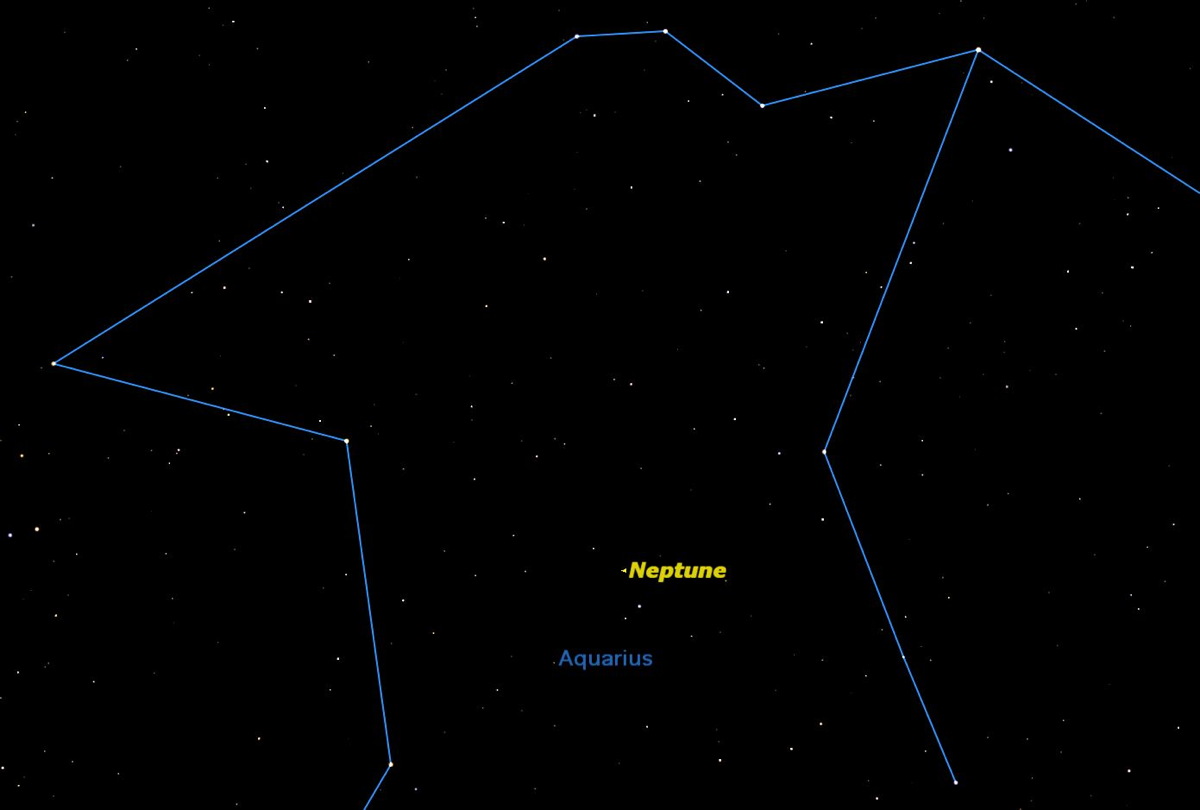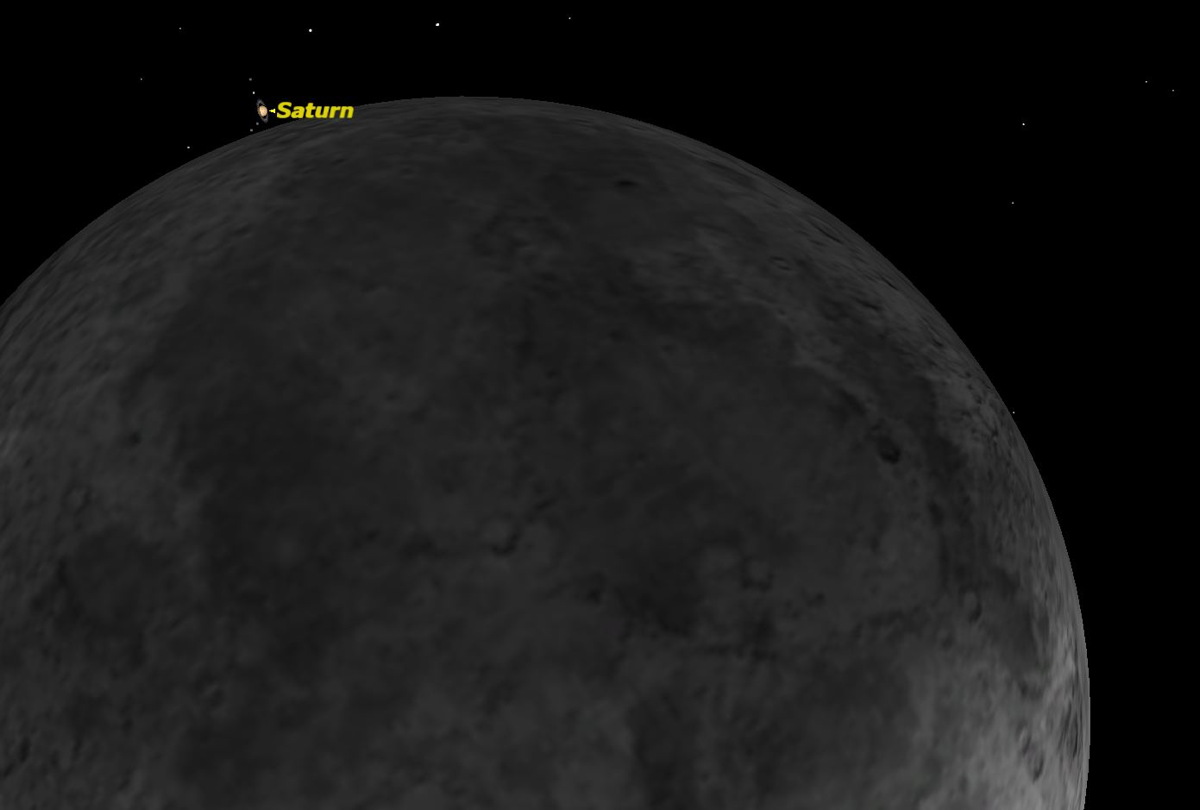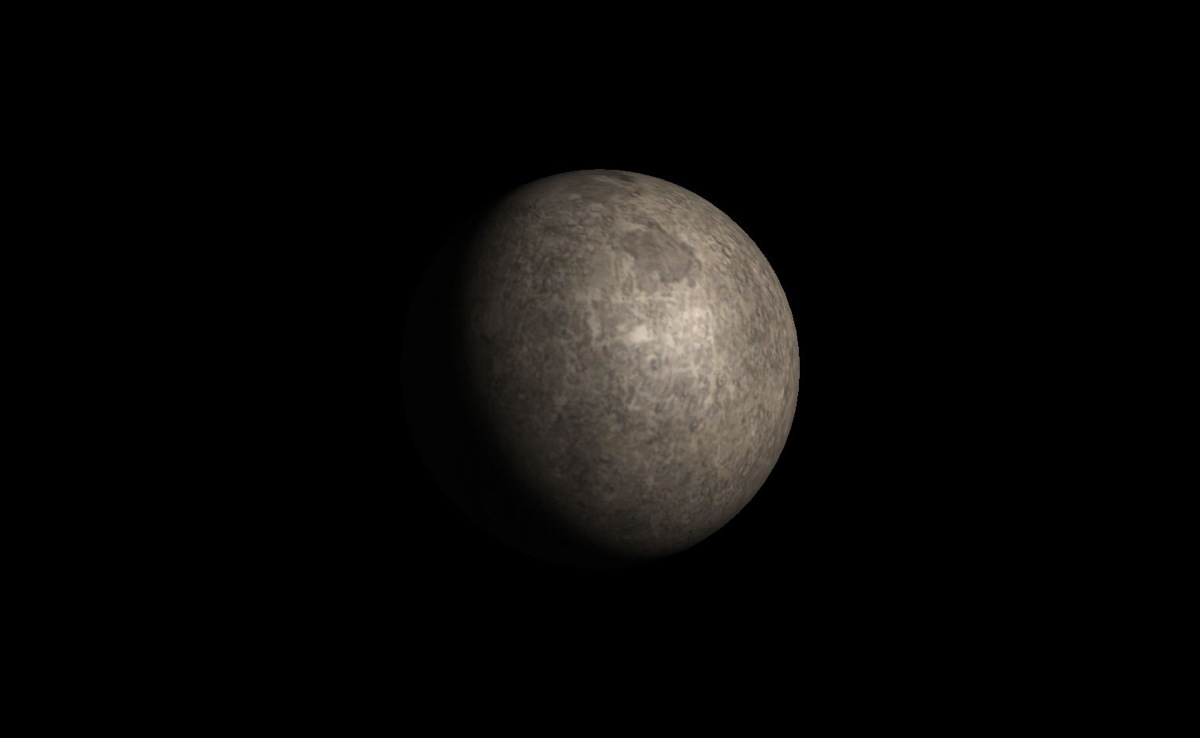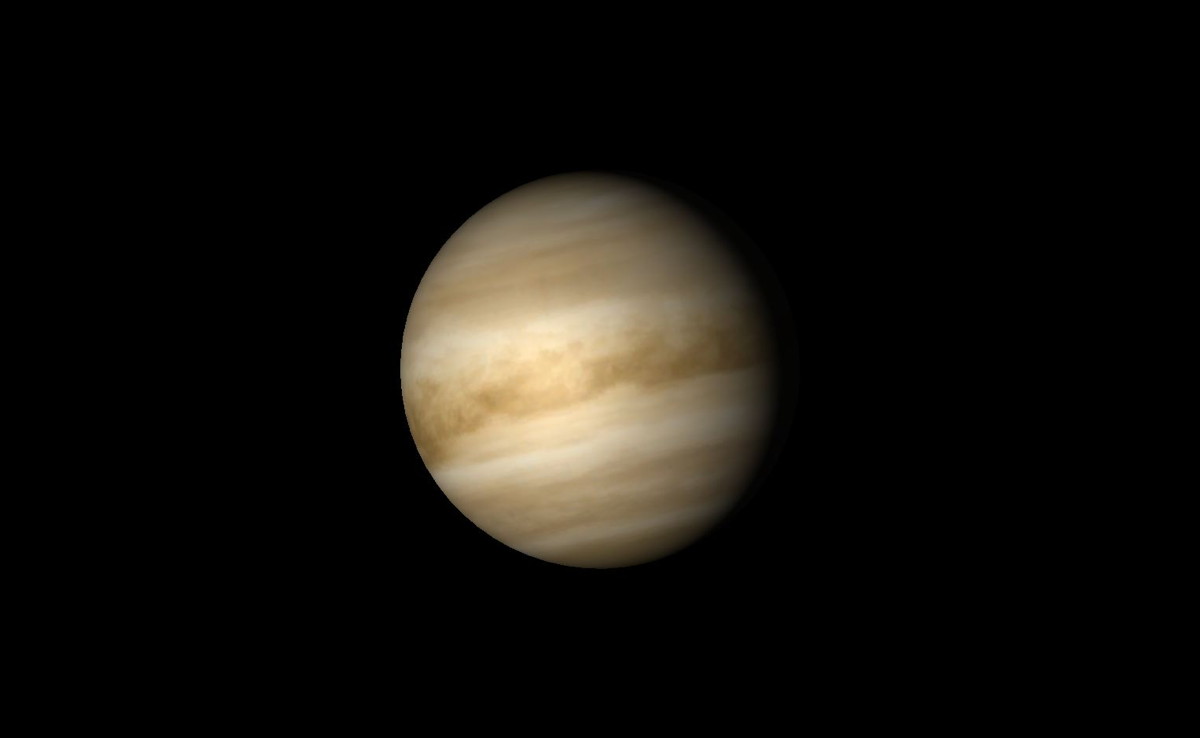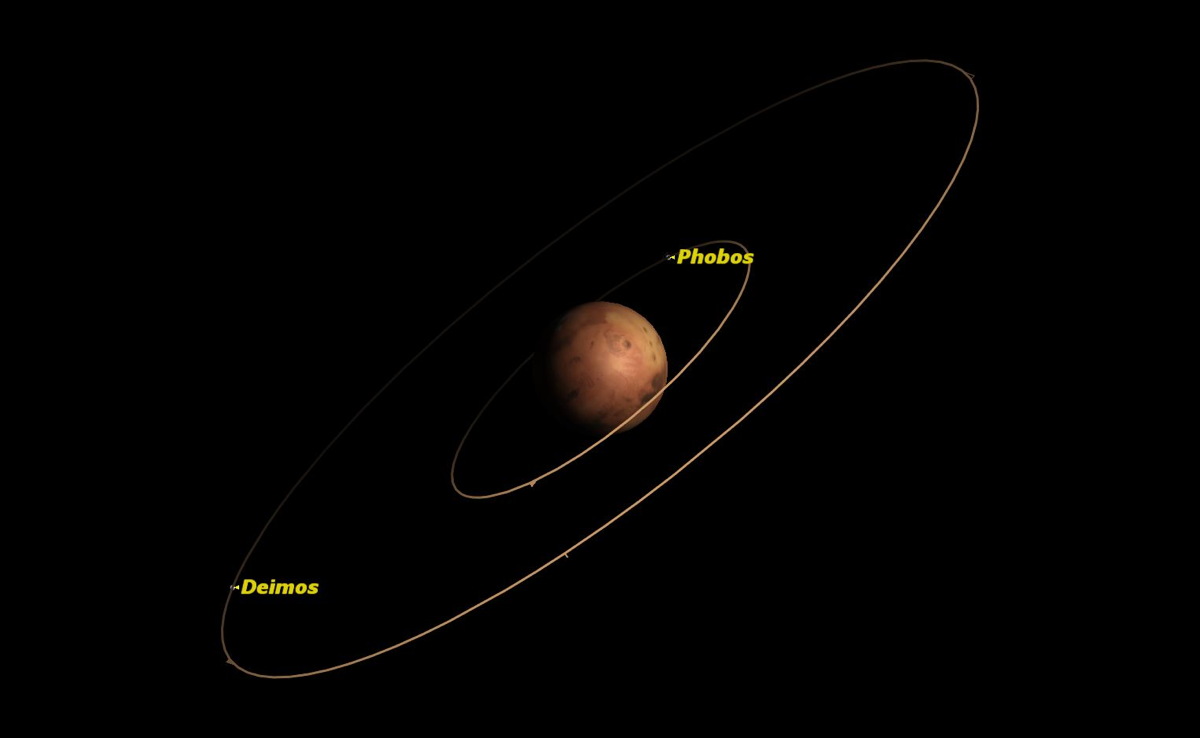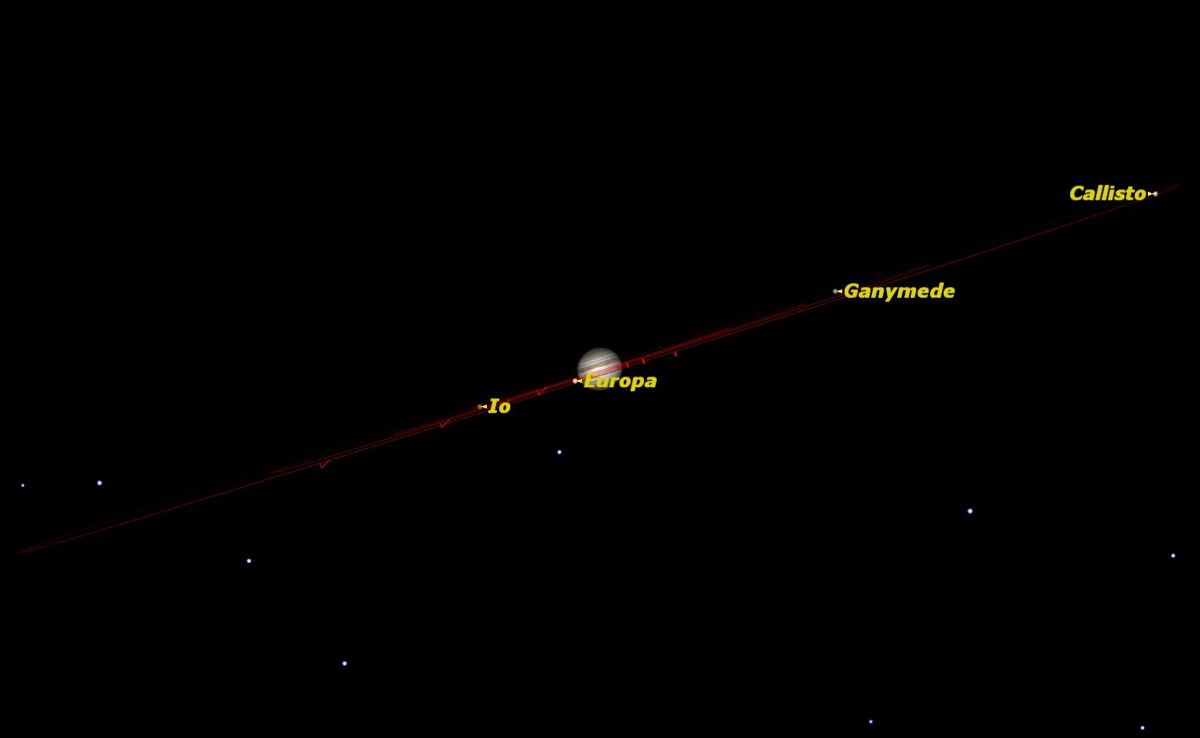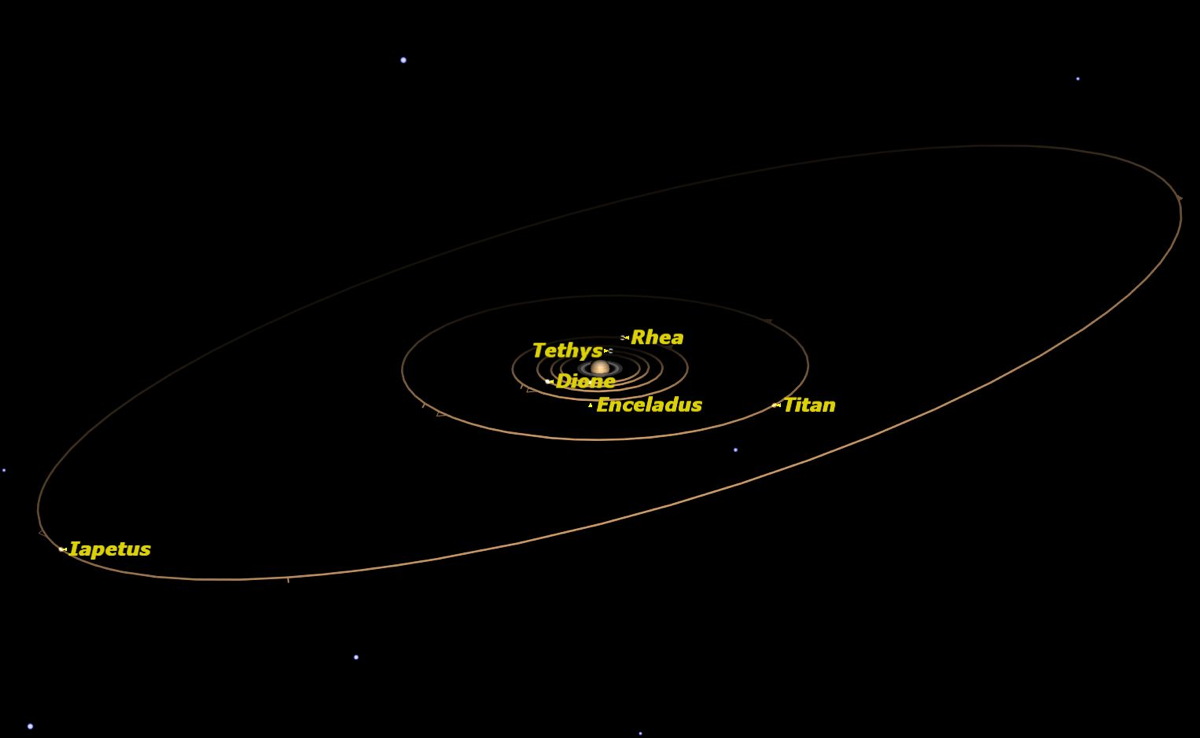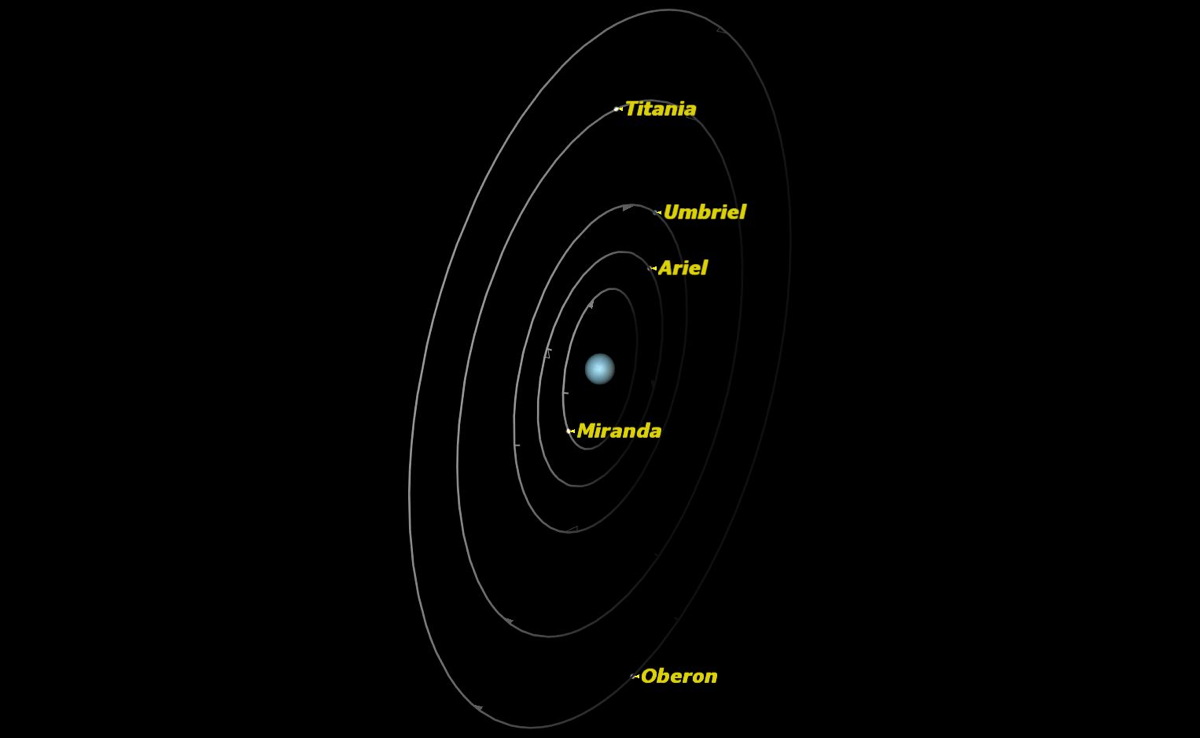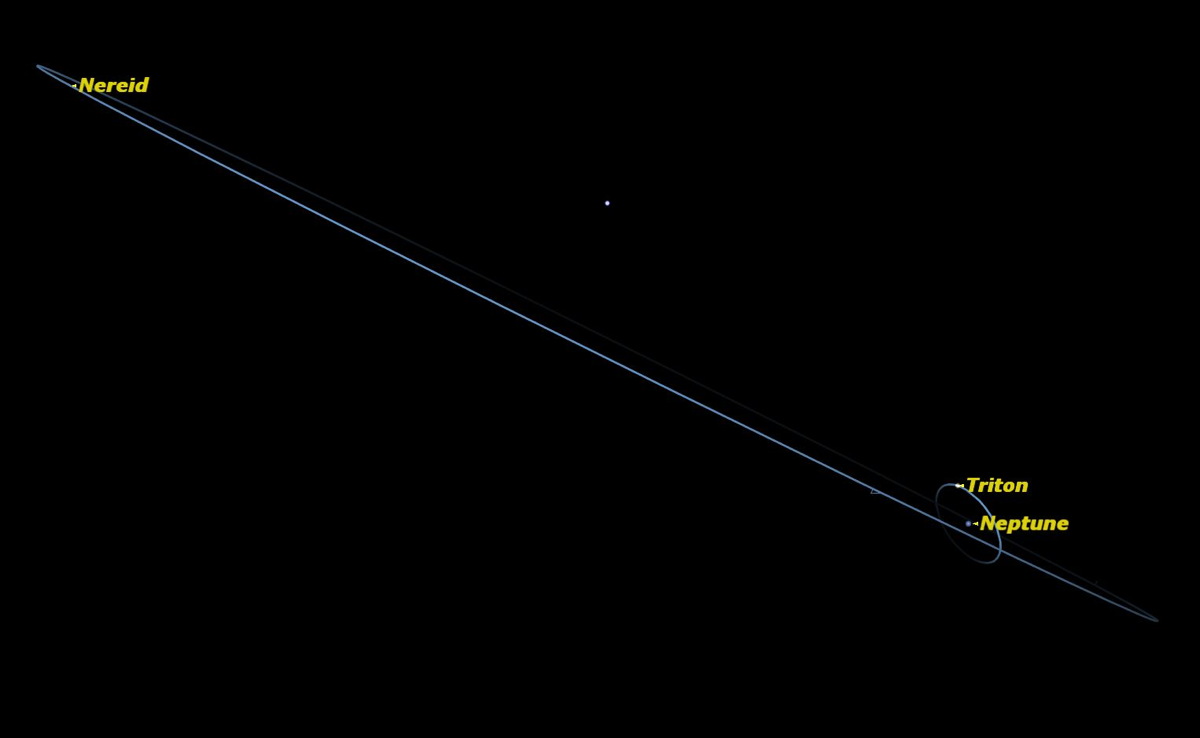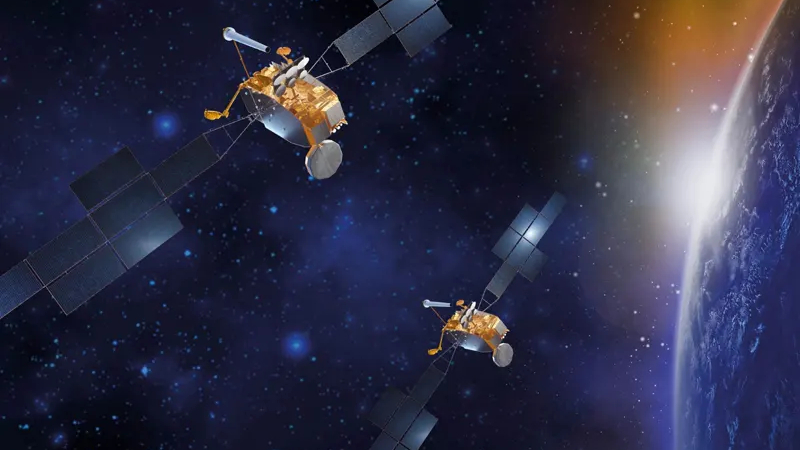Best Skywatching Events of August 2014: Night Sky Maps (Gallery)
Neptune at Opposition, August 2014
Friday, Aug. 29, 11 a.m. EDT. The planet Neptune reaches opposition with the sun in Aquarius, at magnitude 7.8. It is 29 astronomical units from Earth and 2.4 arc seconds in diameter.
Saturn and the Moon, August 2014
Sunday, Aug. 31, early evening. Saturn will be just to the right of the crescent moon in North America. Observers in West Africa will see the moon pass in front of Saturn, as seen from Ibadan, Nigeria, here.
Mercury, August 2014
Mercury will be too close to the sun to observe most of the month, reappearing at dusk in the Southern Hemisphere late in the month.
Venus, August 2014
Venus is low in the eastern sky, rising just before the sun. Close encounters with Jupiter and the Beehive Cluster on the 18th, low in the dawn sky.
Mars, August 2014
Mars is now fading rapidly in brightness as it moves towards the far side of the sun.
Jupiter, August 2014
Jupiter reappears from behind the sun in the middle of the month, rising in morning twilight.
Saturn, August 2014
Saturn, in Libra, is low in the mid-evening sky.
Breaking space news, the latest updates on rocket launches, skywatching events and more!
Uranus, August 2014
Uranus is located in the constellation Pisces, rising in the late evening.
Neptune, August 2014
Neptune is in opposition to the sun on the 29th in Aquarius, visible all night long.
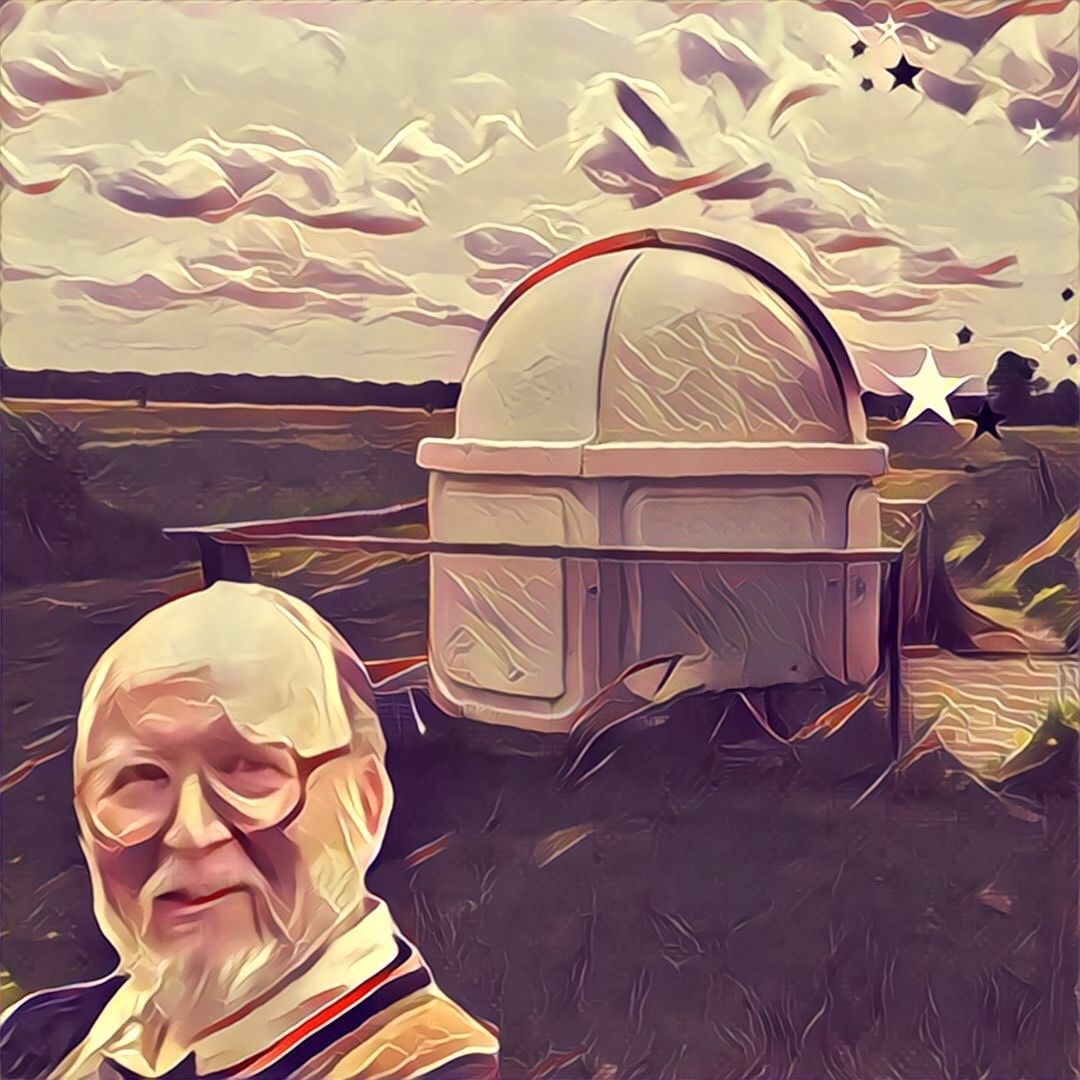
Geoff Gaherty was Space.com's Night Sky columnist and in partnership with Starry Night software and a dedicated amateur astronomer who sought to share the wonders of the night sky with the world. Based in Canada, Geoff studied mathematics and physics at McGill University and earned a Ph.D. in anthropology from the University of Toronto, all while pursuing a passion for the night sky and serving as an astronomy communicator. He credited a partial solar eclipse observed in 1946 (at age 5) and his 1957 sighting of the Comet Arend-Roland as a teenager for sparking his interest in amateur astronomy. In 2008, Geoff won the Chant Medal from the Royal Astronomical Society of Canada, an award given to a Canadian amateur astronomer in recognition of their lifetime achievements. Sadly, Geoff passed away July 7, 2016 due to complications from a kidney transplant, but his legacy continues at Starry Night.
